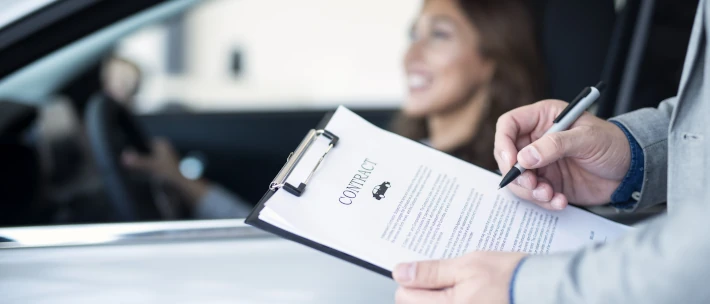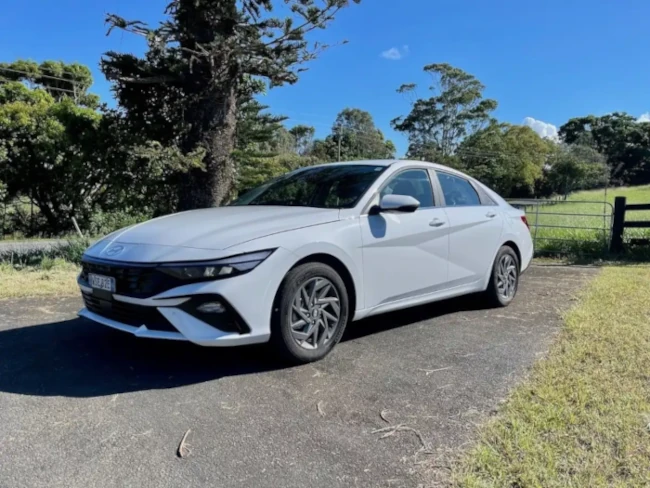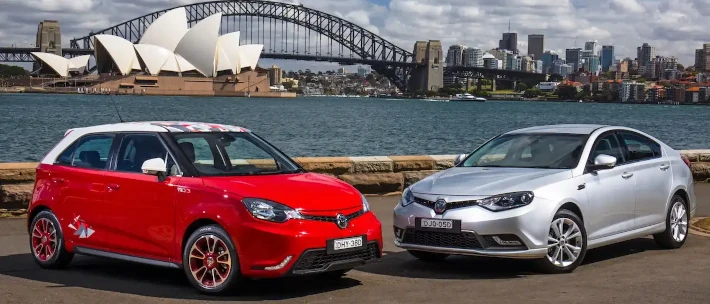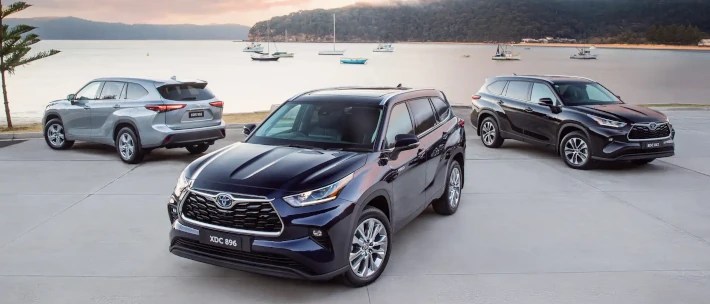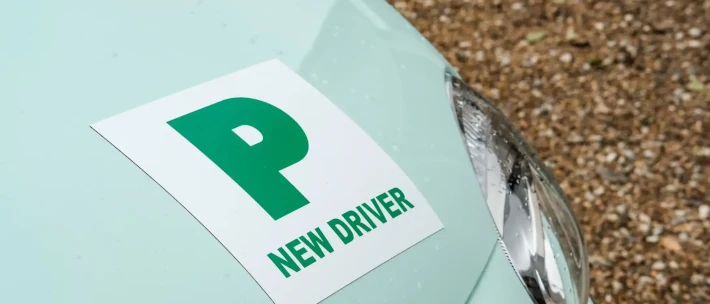Signing a car finance contract is a super exciting time, though you must have done all your homework before signing the dotted line to ensure you’re making the right decision.
To help you out, let’s cover all the important things that you need to know before signing a car finance contract to make sure you’re confident and well-informed on the process.
What is a Car Loan Contract?
A car loan contract is a legally binding agreement between you, the purchaser of a vehicle and the lender who is providing the finance for the purchase of a new or used vehicle.
The car loan contract contains incredibly important information that maps out the amount of money you’re borrowing, the terms of that agreement including rates, the repayment schedule and any fees associated with financing the purchase of a vehicle.
Get in touch with one of our Car Buying Specialists today.
Request a quoteWhat do you Need to Know Before Signing a Car Finance Contract?
It’s essential that you’re well aware of all the fees associated with your car finance contract and what your total repayments will look like at the conclusion of the loan.
Before sending a car finance contract, it’s best to have a crystal clear picture of the following:
-
Car Finance Fees
-
Interest Rates
-
Payment Structure
-
Loan to Value Ratio (LVR)
-
Terms of Vehicle Finance
-
Early Repayment Fees
-
Late Payment Fees
-
Exit Fees and Residual (balloon) Payments
-
Secured vs Unsecured Loan
-
Insurance Requirements
-
Hardship Provisions
-
Total Cost of Loan with All Fees & Provisions Included
-
Your budget, Including Running and maintenance Costs
What Happens if You Breach the Car Loan Contract?
The most immediate consequence of breaching your car loan contract by failing to make a repayment is a negative impact on your credit score and an extension of the loan terms with added interest - costing you more money in the long run.
Typically when you fail to make a repayment, the lender will get in contact to ask if there was any legitimate reason for the breach of contract and whether a financial hardship provision may apply.
The matter of what happens to your vehicle if you breach the repayments or terms of your car loan contract depends on whether or not the vehicle is registered as a security for your loan.
If the vehicle is registered with the Australian Personal Properties Securities Register (PPSR), a default notice is often issued by your finance provider and the vehicle can be seized if you fail to make several repayments.
If the vehicle is not registered as part of a secured loan with the PPSR, the vehicle can still be seized by the finance provider so long as they receive authorisation from the state or territory’s Sheriff.
The lender is also within their rights to take you to court to take possession of the vehicle and recoup their costs.
FAQ: What Do Lenders Ask For When Applying for Car Finance?
Lenders want to cover all applicable bases while assessing your credit application for car finance.
Here in Australia, the most common forms of documentation you’ll be asked to provide when applying for car finance includes:
-
100 Points of Identification
-
Proof of Australian Citizenship or Visa Status
-
Employment Information
-
Credit History
-
Payslips
-
Bank Statements
-
Details of Existing Debts
-
Details of all Assets
-
Vehicle Details
-
Proof of Insurance
FAQ: Can I Back Out of a Finance Agreement?
The only time you can back out of a finance agreement for a car loan without financial repercussions is before you’ve signed the dotted line on the contract itself, or within the cooling-off period.
Once the agreement is signed on both sides and the cooling period expires, you’ve officially entered into a legally binding contract with the provider which will likely involve some fees to exit the car finance agreement early.
FAQ: What Happens at the End of a Car Finance Agreement?
If you’ve paid the outstanding balance of the vehicle loan terms, including the residual or balloon payment and any applicable fees, you’ll be the outright, legal owner of that vehicle and you’re free to do whatever you’d like with it.
It’s advantageous to not only meet your car finance repayments, but to stay well ahead of them and budget for the potential balloon payment set out in your car finance contract.
Once that’s paid - happy days, the vehicle is 100 per cent yours and you won’t have to worry about budgeting for any more loan payments, just maintenance, running costs and insurance for the vehicle to protect your investment.
Request a Quote
If you’re looking to secure finance for the purchase of a new vehicle, get in touch with one of our car-buying experts who can help find you the best possible finance terms for your dream car.
Get in touch with one of our Car Buying Specialists today.
Request a quote